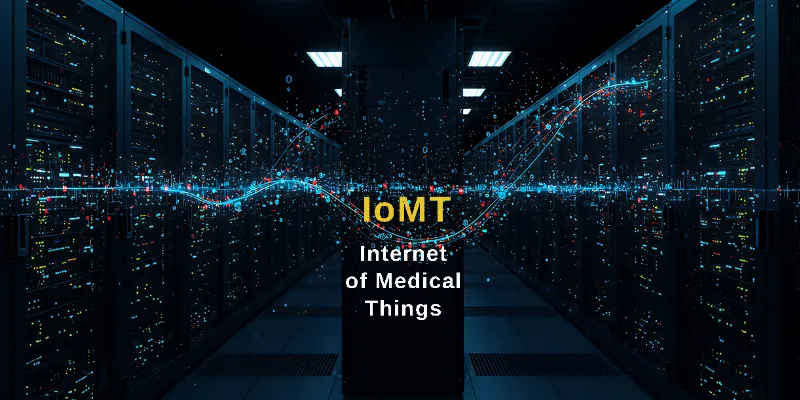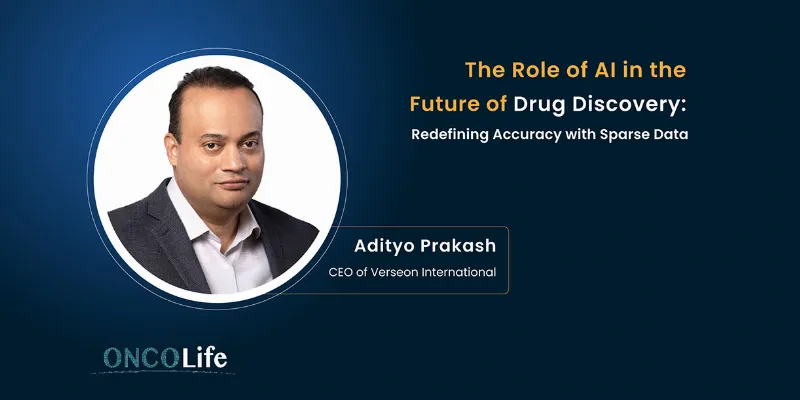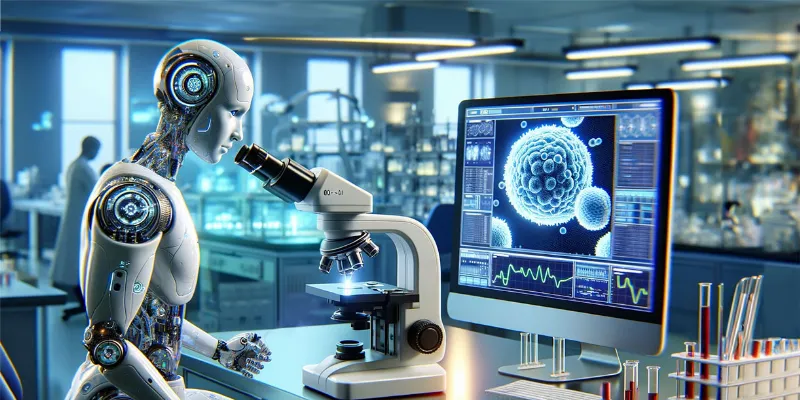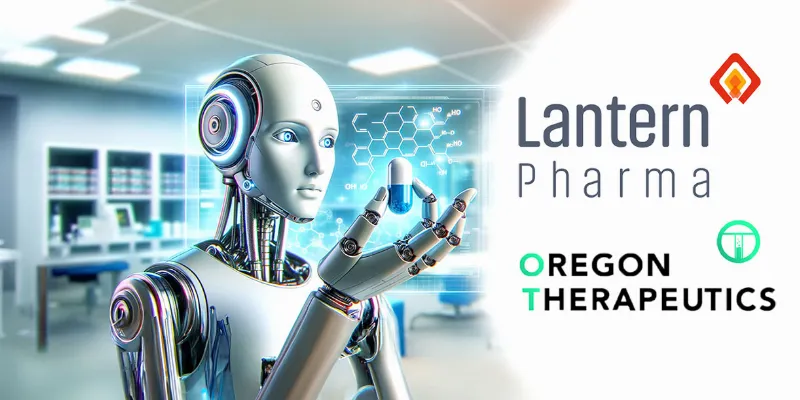New Acoustic AI Model Achieves 83% Accuracy in Detecting Depression


Digital Health |
29 November 2023
An acoustics-based AI screening model, offers a new perspective for diagnosing depression globally. This innovative model detects depression using just a 60-second voice sample with an 83% accuracy rate. It surpasses clinical standards, presenting itself as a scalable and globally adaptable tool for mental health diagnostics.
Singapore-based Wonder Tech announced their recent advancement in acoustics-based AI technology, marking a significant leap in the global battle against mental health disorders. Their new AI model now boasts an impressive 83% accuracy rate in detecting depression, representing a significant step towards improving mental health care.
By analyzing a 60-second voice sample, Wonder Tech's voice AI platform can detect and continuously monitor the risk of mental health conditions. The platform categorizes these risks into different levels of severity, enabling personalized, clinically reliable, and scalable treatment options. The company also plans to expand its AI model to screen for other disorders, including anxiety, bipolar disorder, and schizophrenia.
New AI Technology
This innovative breakthrough was realized through a collaborative effort with Prof. John Wong from the National University Hospital (NUH) and Singapore’s leading psychology and medical research institutions. Unlike conventional language-based approaches, Wonder Tech's model relies solely on acoustic features, extracting insights from the nuances of human speech without the need for language comprehension.
Depression can subtly alter vocal characteristics such as pitch, intensity, and jitter. Wonder Tech's system identifies these changes, serving as objective biomarkers for depression. This approach is rooted in extensive research, with the AI model trained on clinically validated datasets in line with the DSM-V standards.
The solution is hardware-independent and can seamlessly integrate with consumer-grade smart devices, such as smartphones, empowering individuals to monitor their mental health from the comfort of their own homes.
Addressing Global Mental Health Challenges
With a staggering 21% of U.S. adults experiencing mental health conditions in 2020 and similar trends globally, the need for effective diagnostic tools is critical. This innovation not only aids in accurate diagnosis but also helps in continuous monitoring and personalized treatment.
Wendy Wu, Founder and CEO of Wonder Tech, highlighted the significant impact of mental health disorders on global productivity. She stated:
“Socioeconomic barriers continue to hinder access to treatment for the one billion people experiencing mental health disorders worldwide. In Singapore alone, anxiety and depression have been estimated to cost around S$16 billion (US$11.7 billion) in lost productivity annually, the equivalent to 2.9% of the nation's GDP. Globally, depression and mental health disorders result in a staggering US$1 trillion in lost productivity each year, underscoring an urgent need to improve their care systems.”
Wonder Tech's AI system, offered as a B2B Software-as-a-Service, integrates with healthcare platforms, enhancing early detection and treatment of mental health conditions. This highly effective tool enables care providers to offer timely and personalized mental health care. Additionally, its integration with chronic disease prevention and management is poised to significantly improve overall patient outcomes.
Global Ambitions and Local Impact
The Singapore Ministry of Health & Temasek Foundation supports Wonder Tech's broader piloting program with SingHealth. This local initiative is a stepping stone to a global launch, aiming to address the needs of English-speaking populations worldwide.











Comments
No Comments Yet!